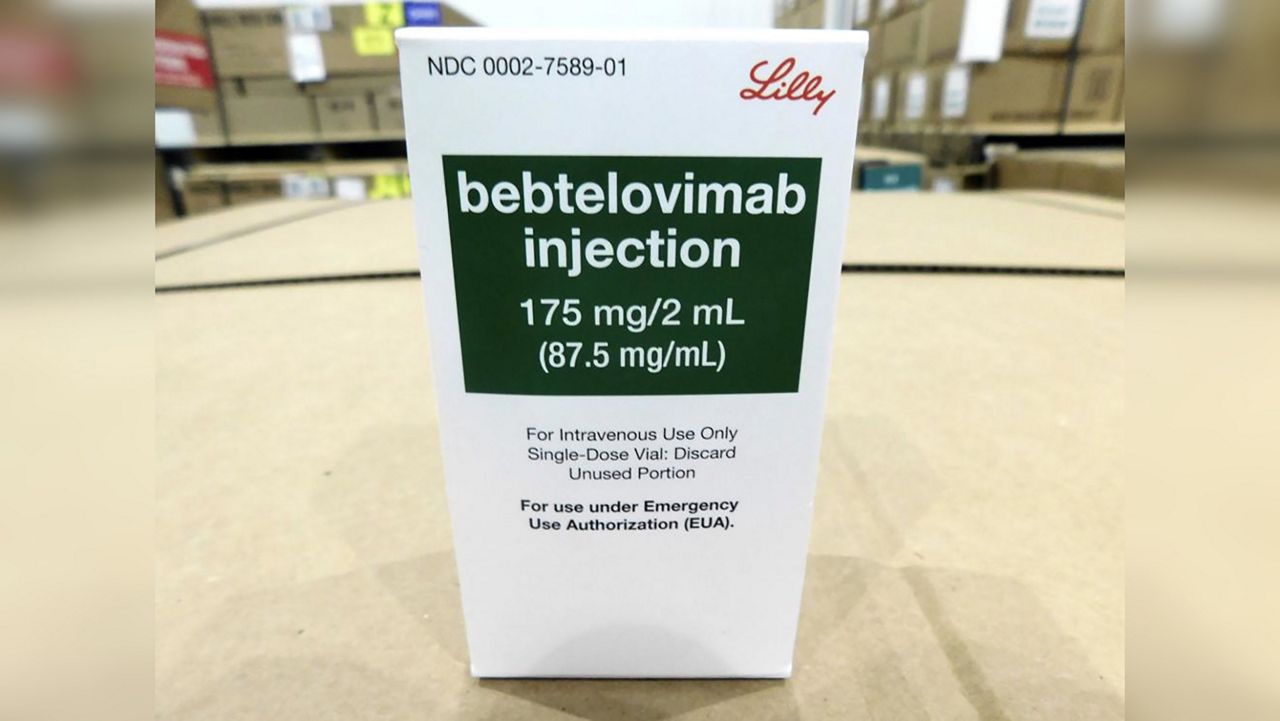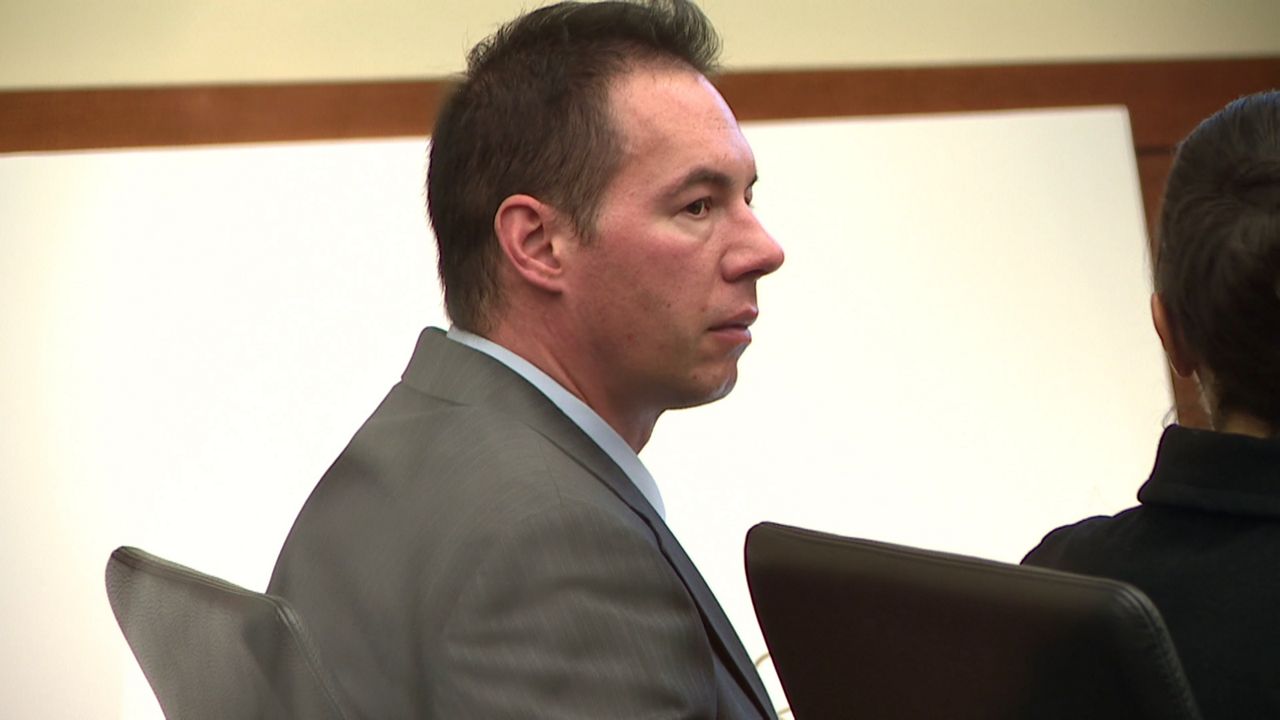COLUMBUS, Ohio — Ohio Gov. Mike DeWine, who is isolating after contracting COVID-19, encourages residents who are diagnosed with the virus to follow the advice of their personal physician for treatment, his spokesperson said Wednesday.
What You Need To Know
- Eli Lilly's Bebtelovimab treatment can be given to high-risk COVID-19 outpatients
- The monoclonal drug is not used as often as Paxlovid, Pfizer's oral antiviral pills
- Gov. DeWine, in quarantine, encouraged patients to follow their doctors' advice
The governor received a monoclonal antibody drug last Friday, when he was diagnosed with COVID-19 by his personal physician, his office said.
In the U.S., Eli Lilly’s monoclonal antibody treatment Bebtelovimab was authorized on an emergency use basis in February for certain high-risk outpatients with COVID-19.
The governor’s spokesperson Dan Tierney said he couldn’t confirm that DeWine received Bebtelovimab or comment on whether the governor prefers the monoclonal treatment over Pfizer’s drug Paxlovid.
First Lady Fran DeWine also received a monoclonal antibody treatment, the governor’s office said Monday, when announcing her diagnosis.
Since April 5, Bebtelovimab has been the only authorized monoclonal antibody treatment for use upon infection because federal regulators told providers to stop using another monoclonal drug, Sotrovimab, due to efficacy concerns with the latest strain of the virus.
Like previous monoclonal antibody drugs, Bebtelovimab, an intravenous injection therapy, targets the “spike protein” of the coronavirus with synthesized antibodies, aiming to halt the progression of the disease.
Dr. Jeffrey Weinstein, Kettering Health’s patient safety officer, said the health system has been administering the monoclonal drug for the last couple months, but it’s not at the top of the hierarchy for COVID-19 treatment.
Pfizer’s oral antiviral drug Paxlovid is preferred because it has been shown to be highly effective and its pill-form makes it easy to administer, but it has drug interactions and it cannot be given to patients with certain kidney conditions. Another key difference: Bebtelovimab can be given up to seven days after symptom onset, while the window is five days for Paxlovid.
“You sometimes have to avoid the first line drug to give a second line drug if there's a contraindication to the first line agent,” Weinstein said.
Due to the relatively low case numbers in Ohio, a range of therapeutic choices are available to many COVID-19 patients. During the omicron surge, that wasn’t always the case, Weinstein said.
“As the supply has improved, and also as we all know, fortunately, the community rates of COVID-19 went way down, we got to where there was more supply than demand, and over the last few weeks, our [monoclonal antibody] clinic had seen significantly smaller numbers of patients being referred. Unfortunately, in the last week or so, we've started to see an increase again in referrals,” he said.
Earlier in the pandemic, hospitals and other health providers used several other monoclonal antibody treatments, including an Eli Lilly drug, that became nullified by the changing variant landscape.
DeWine, who is 75, is fully vaccinated and received a booster last year. He received his first vaccine shot in early Feb. 2021 from a Kettering Health doctor in Jamestown, Ohio.
As of the latest update, the governor and first lady were experiencing mild symptoms.
Weinstein said he couldn’t weigh in on the governor and the first lady’s receipt of the monoclonal antibody therapy versus Paxlovid. He said the safety and efficacy profiles are strong for both drugs.
“I can't comment on why they didn't receive Paxlovid instead of the monoclonal antibody or whether they perhaps received both — we typically don't give both,” he said. “I don't know their particular health issues or medications that they're on, but it could have been a drug interaction or some contraindication to the Paxlovid, or some other reason why they got a monoclonal antibody instead of the oral medication.”







